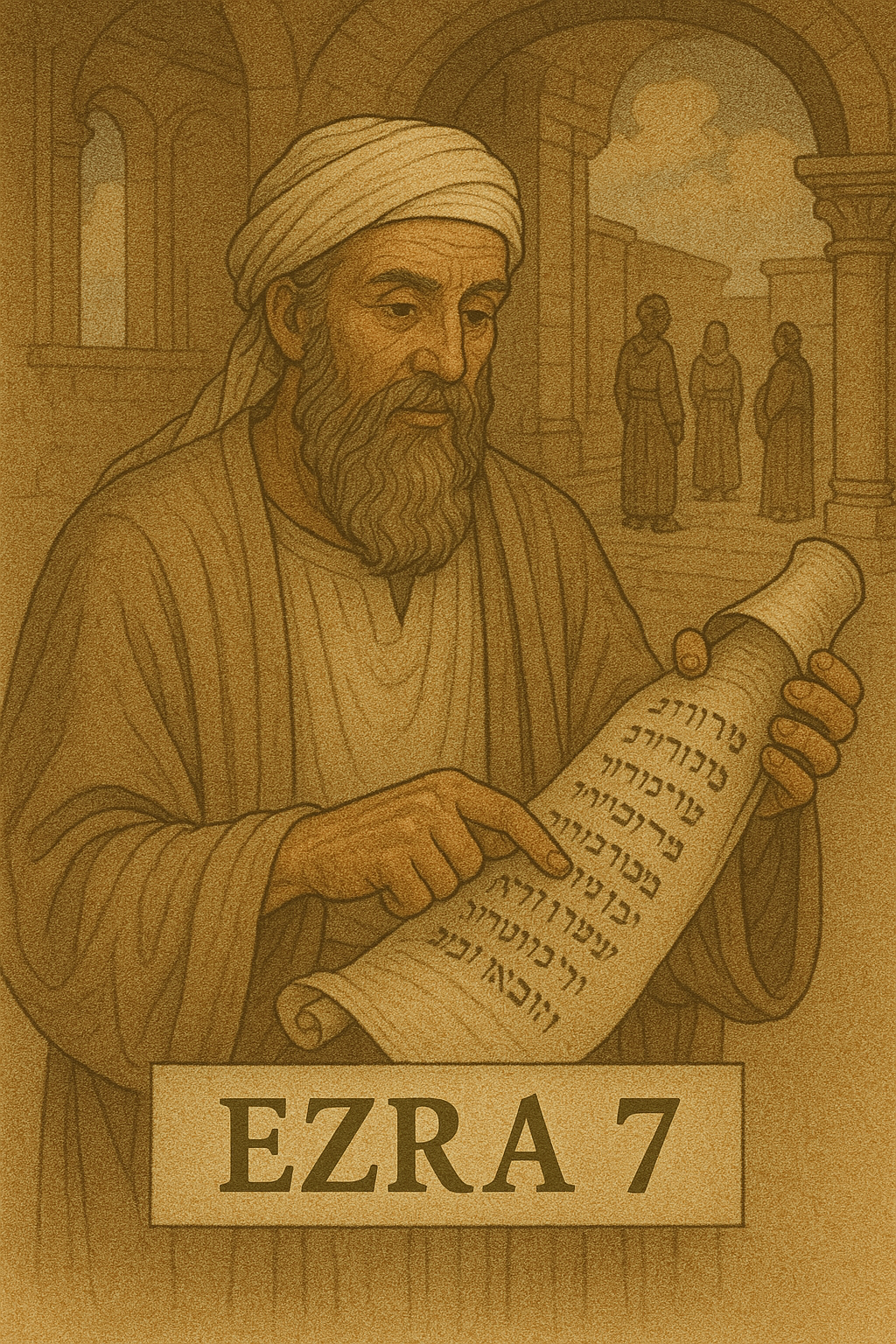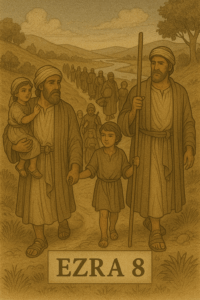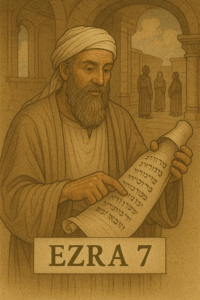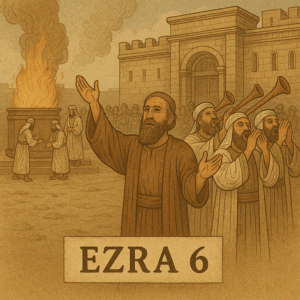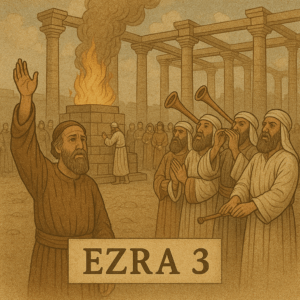When a Leader’s Brokenness Sparks National Revival.
Introduction to Ezra Chapter 9
Ezra Chapter 9 presents a dramatic turning point in Israel’s restoration. After the joyous return to Jerusalem and Temple rebuilding (Ezra 1-6), a shocking report surfaces: God’s people have repeated the very sins that led to their exile. Ezra’s response teaches us how to confront compromise with tears, truth, and intercession.
Key Events in Ezra Chapter 9
1. The Shocking Report (Ezra 9:1-2)
-
The Sin: Leaders and people have intermarried with pagan nations, violating God’s clear command (Deuteronomy 7:3).
-
The Scope: Even priests and Levites—the spiritual leaders—are guilty.
2. Ezra’s Devastating Response (Ezra 9:3-5)
-
Physical Signs of Grief: Tearing his cloak, pulling hair, sitting appalled.
-
A Prayer Posture: Falls to his knees at the evening sacrifice—a public act of repentance.
3. Ezra’s Prayer of Confession (Ezra 9:6-15)
This prayer models identificational repentance—confessing corporate sin as his own:
-
Acknowledges Shame (9:6-7): “Our sins are higher than our heads.”
-
Admits God’s Mercy (9:8-9): Despite judgment, God gave them a “remnant.”
-
Appeals to Scripture (9:10-12): Quotes prophets who forbade mixing with idolaters.
-
Asks for Justice (9:13-15): “After all that’s happened, are we to break Your commands again?”
4 Spiritual Lessons from Ezra Chapter 9
1. Sin Demands a Response
Ezra didn’t downplay the issue but took it personally (9:3). Leaders must confront compromise.
2. Corporate Sin Requires Corporate Repentance
Though not all were guilty, Ezra prayed as if the whole nation had sinned (9:6-7).
3. God’s Mercy Doesn’t Excuse Disobedience
Past grace (return from exile) made present sin more serious (9:13-14).
4. Prayer Prepares the Way for Revival
Ezra’s intercession set the stage for Chapter 10’s repentance.
Application for Today
-
Weep Over Sin: Like Ezra, does compromise grieve us (Ezekiel 9:4)?
-
Pray Scripture Back to God: Ezra quoted God’s words—the best prayer guide.
-
Lead in Humility: Spiritual leaders must model repentance first.
Controversy & Clarity
Some argue Ezra overreacted, but:
-
This wasn’t racism—it was about covenant loyalty (Exodus 34:16).
-
Idolatry through marriage had destroyed Israel before (1 Kings 11:1-2).
Conclusion
Ezra 9 isn’t about harsh judgment but holy love. True revival begins when someone dares to say: “This is wrong—and I’m part of the problem.”
